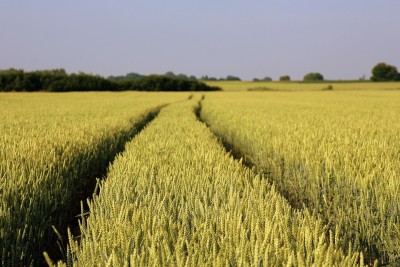Bob Bailey (Research Director, ‘Energy, Environment and Resources’, Chatham House) and Bernice Lee (Executive Director, Hoffman Centre) look at the challenges faced by a food system under pressure from plateauing yields, increasing demand and progressively more unsustainable diets.
According to their report, ‘The food system is locked in a vicious circle of increasing production, environmental degradation and rising public health costs. Rising food demand is met by increasing agricultural production at the expense of the environment, focusing on a small number of staple crops that can be produced in large quantities in industrial farming systems. This is reducing biodiversity, depleting soils and polluting air and water. The expansion of farming is driving deforestation and habitat destruction.’
The authors recognise that the current food supply circle is therefore unsustainable due to the degradation impacting of the ecosystems that support it, warning that continued increases in agricultural production is a short-term solution. This will eventually result in the collapse of the system as crops are grown with little variety and in limited regions. These are further at risk of pests, diseases, extreme weather and trade disruptions, all of which are increasing with severity due to climate change and further biodiversity loses. This, coupled with food waste, inefficient production and increasing food insecurity due to climate change is extremely damaging.
Diets have evolved to become more uniform, more calorific and less nutritious than ever before and is consequently leading to an ever-increasing public-health crisis. Ultimately, they conclude that, ‘Policy must incentivize farmers to increase crop diversity, maintain multifunctional landscapes and provide ecosystem services. It can also encourage consumers to improve their diets, to reduce waste and to reduce the consumption of meat.’
